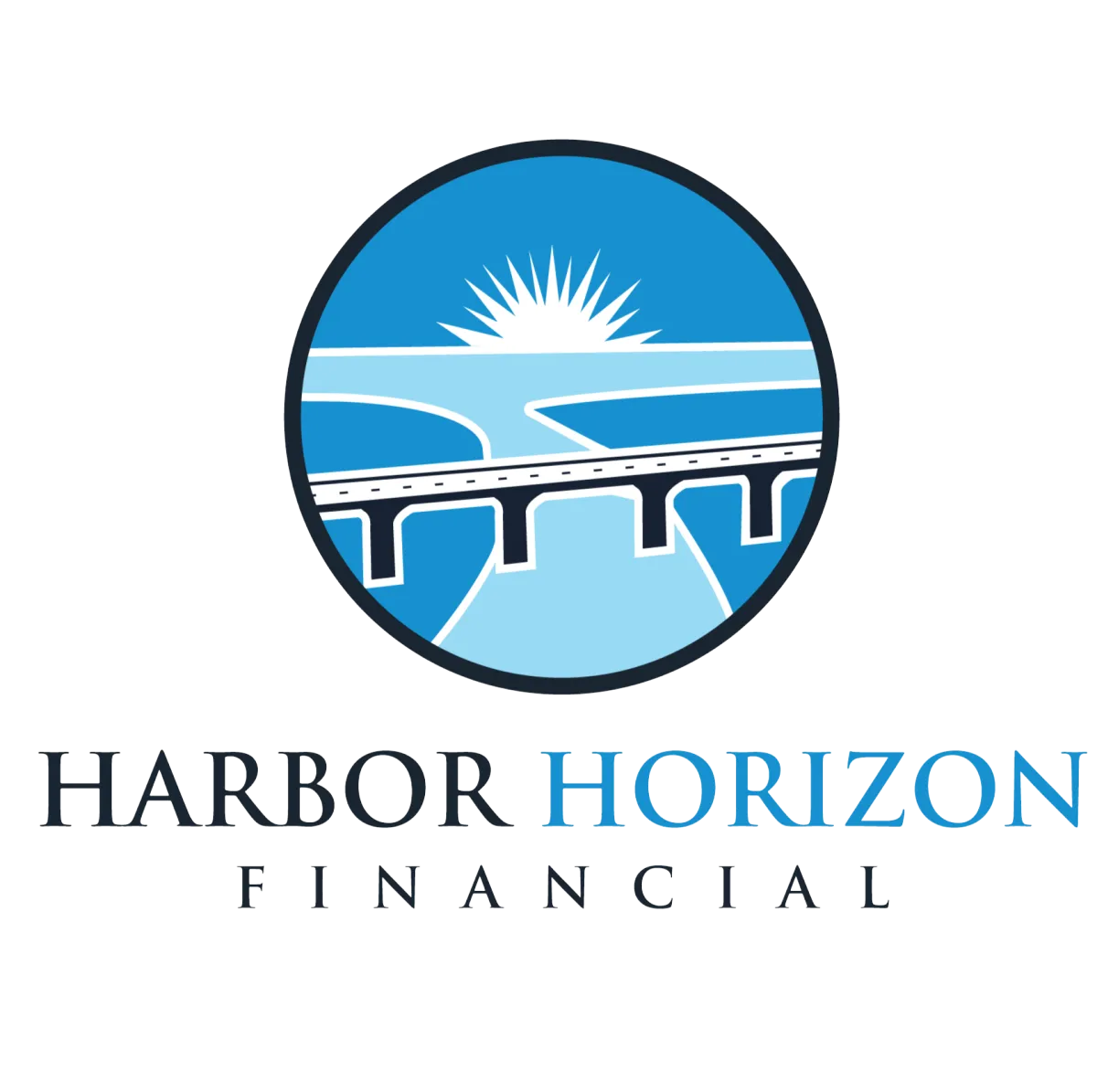
Top 5 Retirement Mistakes High Earners Should Avoid
Why Retirement Planning Mistakes Can Be Costly
For high earners, retirement isn’t just about stepping away from work; it’s about having the freedom to live life on your terms. Whether that means travel, giving back, or just spending your time how you want, the stakes are high when you’ve worked hard to build real wealth.
But here’s the catch: higher income often comes with more complexity. Tax exposure, investment allocation, estate planning, and lifestyle expectations can all quietly derail your plan if they’re not managed intentionally.
Most retirement mistakes aren’t dramatic. They’re subtle. A miscalculated withdrawal strategy. A missed tax opportunity. A portfolio that’s too aggressive or too conservative.
Avoiding those pitfalls takes more than discipline; it takes foresight and a strategy built for your situation.
We’ve had the honor of working with retirees and pre-retirees to support their goals.
The Top 5 Retirement Mistakes to Avoid
1. Underestimating Lifestyle Costs
It’s easy to assume your spending will drop in retirement, but for many high earners, it doesn’t. Travel, health insurance, home upgrades, hobbies, and helping adult kids can all add up fast. If your plan doesn’t reflect your actual lifestyle, you could burn through your savings way too quickly.
We always recommend tracking expenses with a spreadsheet or a tool like Monarch.
2. Neglecting Tax Planning
This is one of the biggest blind spots for high earners. Without a smart withdrawal strategy, you could end up paying more in taxes than necessary, especially when drawing from IRAs, brokerage accounts, and Social Security all at once. Proactive tax planning can stretch your retirement dollars much further.
A few of these strategies may be Roth conversions, capital gains harvesting, charitable gifting strategies, and efficient distributions. These are just a few examples. The real value is in the timing and in having a long-term strategy to pull it off.
3. Over-Reliance on a Single Asset Class
Putting most of your wealth into real estate or company stock might feel safe, but it leaves you vulnerable. Markets shift. Businesses change. A well-diversified portfolio across different asset classes helps protect your future and smooths out the ride so you can focus on the things that matter.
4. Delaying Investment Adjustments
As you approach retirement, your investment strategy should evolve with you. Too much risk can wreck your portfolio at the worst time. But going too conservative too early can limit growth and leave you short later on. The key is to rebalance regularly and adjust your allocation based on your timeline.
I can’t tell you how many times I’ve seen a retiree with a much too aggressive portfolio. The problem is that a market correction at the wrong time could delay your hopes and dreams.
5. Failing to Plan for Longevity
People are living longer, and retirement could easily last 25 to 30 years. Many plans only account for 15 or 20. That gap is a problem. Running out of money is one of the top fears in retirement, and for good reason. Your plan should account for longevity, rising healthcare costs, and potential long-term care needs.
For more information about avoiding common retirement errors, check out our planning resources.
Common Retirement Errors and Solutions
One of the most common retirement planning mistakes is underestimating lifestyle costs. This often happens because future spending is based on guesswork or overly optimistic assumptions. To avoid this, retirees should build a realistic budget and monitor it regularly—it's important to remember that spending may not decrease significantly in retirement. Another key error is neglecting tax planning, which can result from overlapping income sources or poorly timed withdrawals. This can be addressed by using tax-efficient strategies such as Roth conversions, smart distribution planning, and charitable giving.
Some retirees also make the mistake of over-relying on one asset class, such as real estate or employer stock. This lack of diversification increases risk and limits flexibility. A well-diversified portfolio across different asset types can help manage risk more effectively. In addition, delaying portfolio adjustments is a common oversight, often because risk tolerance isn’t revisited as retirement nears. To avoid this, investors should regularly rebalance their portfolios in line with their retirement timeline and goals.
Finally, failing to plan for longevity can jeopardize long-term financial security. Many people only plan for 15–20 years of retirement, but it’s safer to plan for at least 25–30 years. This includes factoring in rising healthcare expenses and long-term care costs into retirement projections.
These are some of the most common retirement mistakes we see, but the right plan can help you avoid them. Your financial strategy should reflect your goals, income sources, and timeline, not just a checklist. Retirement planning is a complex topic that includes many variables.
How to Retire Early
Wondering how to retire early? You’re not alone. It’s one of the most common goals we hear from high earners, and yes, it’s doable. But it takes more than just a high income. It takes intentional, disciplined planning.
If you want to fast-track financial independence, you’ll need to:
Accelerate your savings rate. For early retirement, that usually means saving more than 20%
Max out retirement accounts and build taxable accounts as a bridge until age 59 1/2
Build tax-efficient investment strategies that support early access
Avoiding the common mistakes we’ve already covered, like poor tax planning or underestimating lifestyle costs, can also accelerate progress toward early retirement.
But early retirement isn’t just a math problem. It’s about aligning your money with what you actually want life to look like and still enjoying life in the meantime.
Ready to Retire Smarter?
Whether you’re five years out or just starting to think about retirement, having a plan that actually fits your life (and income) makes all the difference.
Work directly with a CFP® professional
Build a retirement plan that balances tax strategy, investments, and real life
Take a proactive approach to common retirement pitfalls
Spots are limited: Book your complimentary retirement strategy call today.
FAQs
1. What is the biggest retirement planning mistake for high earners?
The most significant mistake is overlooking tax planning. Without a structured withdrawal strategy, high earners may face avoidable tax inefficiencies.
2. How can I make sure I do not outlive my savings?
Plan for at least 25–30 years of retirement, and account for inflation, healthcare, and longevity risk. Running detailed projections and stress tests can help you understand how your plan holds up in different scenarios. Diversified investments can also support long-term needs.
3. Is property enough to fund retirement?
Relying only on property can be risky. A more balanced mix, including retirement accounts, taxable accounts, and other assets, can offer more stability and flexibility.
4. Should I reduce investment risk before retiring?
In many cases, yes, but not completely. A gradual shift toward more stable investments may make sense, while keeping some growth-oriented assets to help offset inflation. This will all depend on your starting point and goals.
5. Can high earners really retire early?
It’s possible with careful planning. Maximizing contributions, avoiding common mistakes, and working with a professional can help improve your chances of reaching early retirement.

